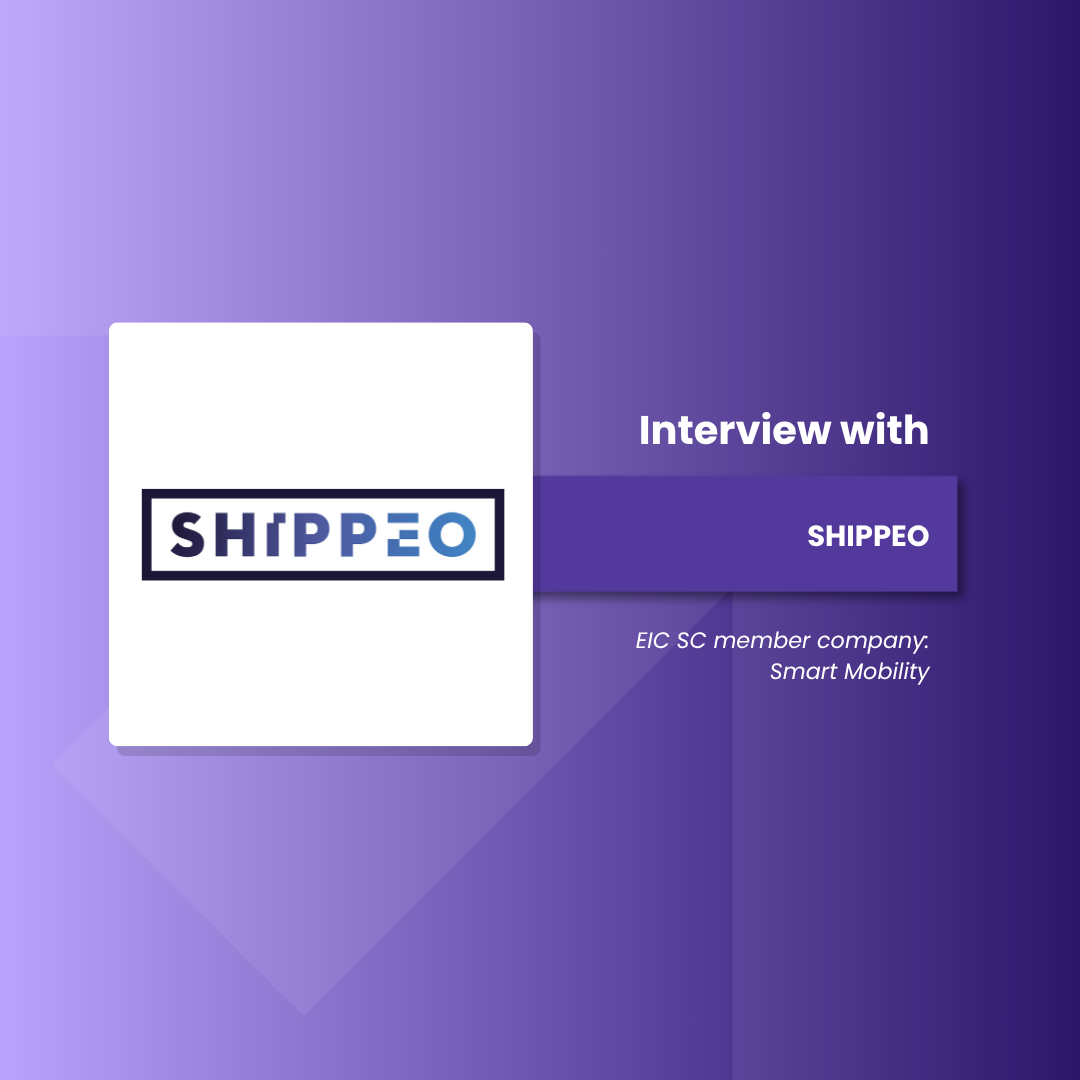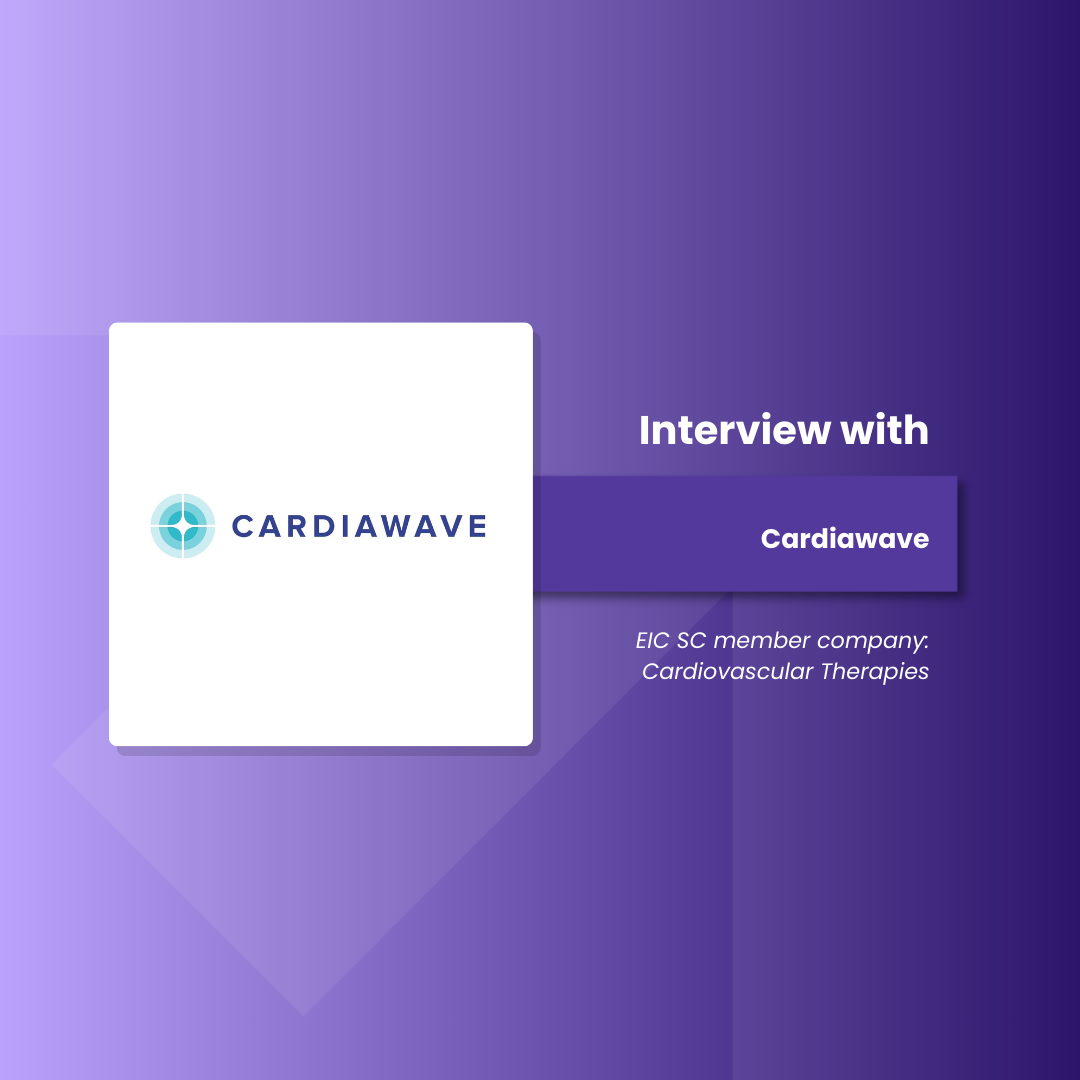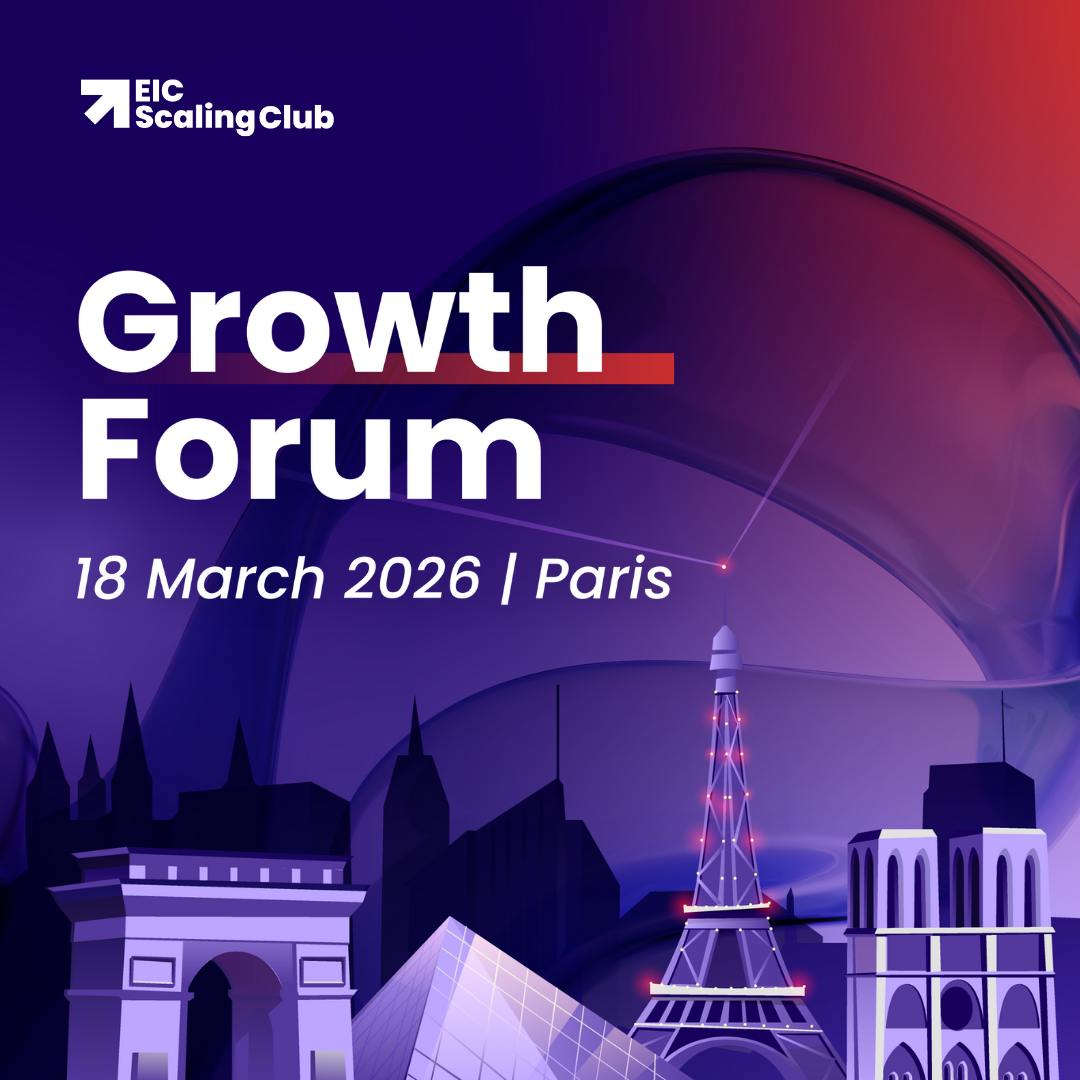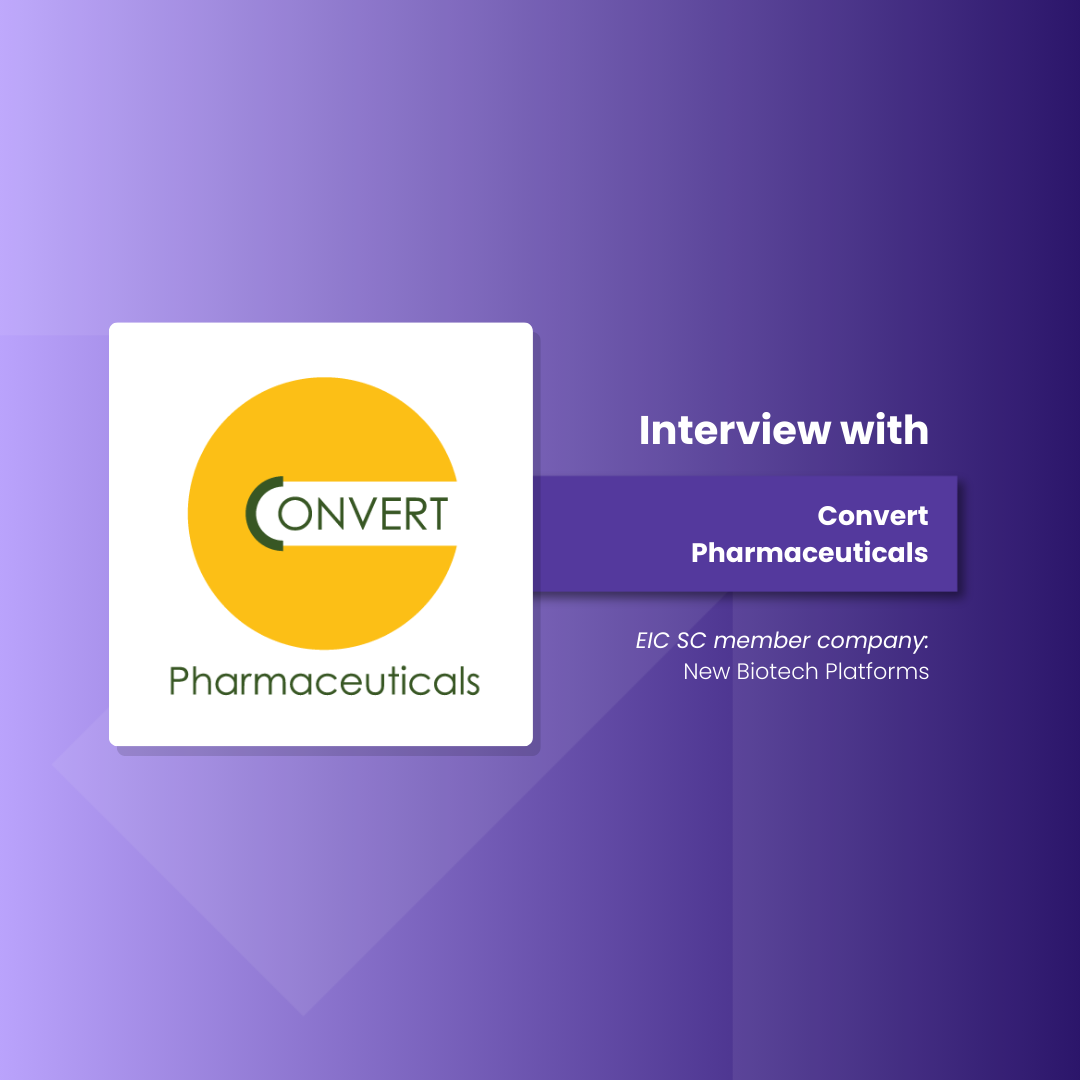15 Jan 2026
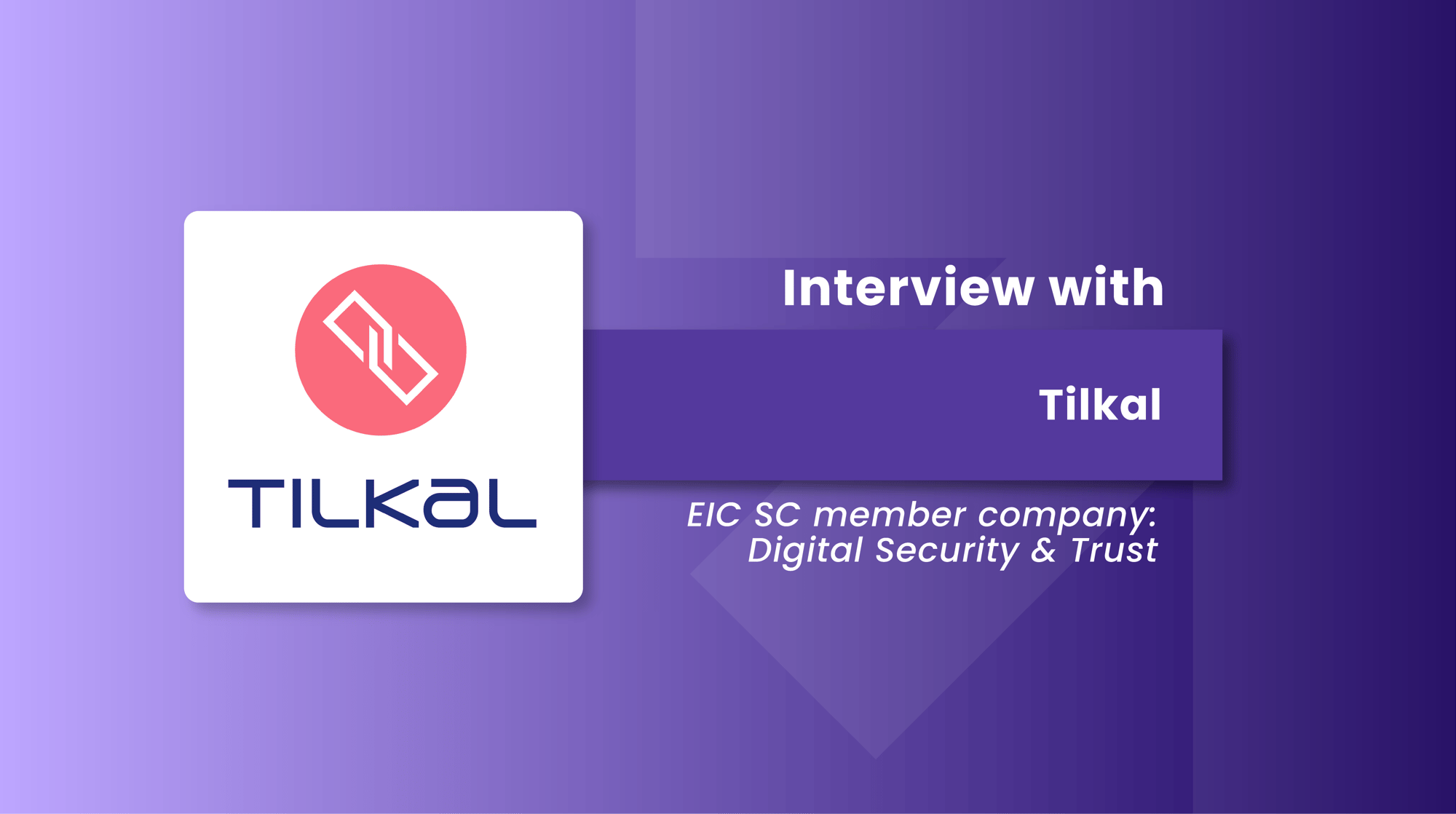
Tilkal is a French deep tech scale-up which, using blockchain and machine learning, offers a platform that provides transparency and traceability across supply chains. Aiming to boost its visibility to investors and industrial leaders across Europe and beyond, the company joined the EIC Scaling Club as a part of the Digital Security & Trust group.
How did the company evolve, what kind of supply chain challenges does its platform aim to address, and what have they achieved so far?
Achieving transparency across diverse supply chains
Founded in 2017, Tilkal enables industries to track assets from their origins to market to meet rising regulatory demands and consumer expectations. Its platform aims to address one of the most pressing global supply chain challenges – according to the World Economic Forum, contemporary supply chains are stretched, inflexible, and dangerously opaque.
Tilkal's leadership team brings decades of experience across entrepreneurship, technology, and sales. It has guided the company through turbulent times – despite launching commercially in late 2019, just before the COVID-19 pandemic disrupted global supply chains, Tilkal weathered the storm, thanks to strategic fundraising and resilience.
What really sets Tilkal apart is its cross-sector capability. "Unlike most competitors, who specialise in specific industries, we enable clients to trace complex, multi-industry value chains," explains Tilkal CEO Matthieu Hug.
Many industries rely on deeply interconnected yet siloed networks of suppliers, intermediaries, and logistics providers. This fragmentation creates vulnerabilities, as companies rarely have visibility beyond their immediate suppliers. Tilkal’s ability to integrate disparate data helps organisations to reliably trace the origins of their products.
For example, chocolate manufacturers use Tilkal to track their cocoa's various origins, while luxury bag makers can create "product passports" for their customers, detailing every step from leather sourcing to craftsmanship. As another illustration, the platform can simultaneously trace the agricultural origins of orange juice and the plastic used in its packaging – not many industry players can claim this comprehensive capability.
Putting human connection at the core
Tilkal's success hinges on its ability to combine technological innovation with engagement from all actors in the supply chain.
The platform can provide data on working conditions, environmental impacts, and regulatory compliance, offering a multi-dimensional view of supply chains. This kind of perspective is critical as global regulations increasingly demand more accountability. Companies are now held responsible for unethical practices – whether child labour in cocoa farming or deforestation linked to palm oil – even if those issues are hidden deep within their supply chains.
For example, by collecting data on worker productivity or school attendance in certain regions, Tilkal helps clients infer risks such as child labour, which can be notoriously hard to prove if you rely on self-reported information.
For Tilkal, technology enables change, but human connection and localised solutions are crucial to making it a reality in practice. When working with cocoa farmers in remote regions of Peru, Tilkal provided tools adapted to local language and digital skills. By digitising payment systems, the platform reduced delays in farmer payments from eight months to two, creating a tangible incentive for participation.
Industry recognition for innovation and continued growth
Since securing its initial funding in 2019, Tilkal has demonstrated that its approach to supply chain management answers the demands of the industry.
Recently, Tilkal was recognised as a Key Innovator by the EU Innovation Radar for their involvement in EU-funded project Sea2See. Tilkal contributed to developing an AI-powered traceability system that promotes sustainable and safe seafood consumption.
Earlier this year, Tilkal was also named an IDC Innovator for Food Traceability. The report highlighted Tilkal as one of five vendors that developed effective solutions to improve food traceability, from cultivation to consumption.
Today, Tilkal's platform is used by major corporations like Danone and Veolia, with two-thirds of its customers expanding their use of the platform: finding new use cases and adapting to new regulations, according to Matthieu Hug.
Tilkal's inclusion in the EIC Scaling Club reflects its ambition to scale across Europe and beyond. By enabling industries to adapt to a complex, interconnected world, Tilkal is setting a new standard for what transparent and ethical supply chain management can achieve.
About the EIC Scaling Club
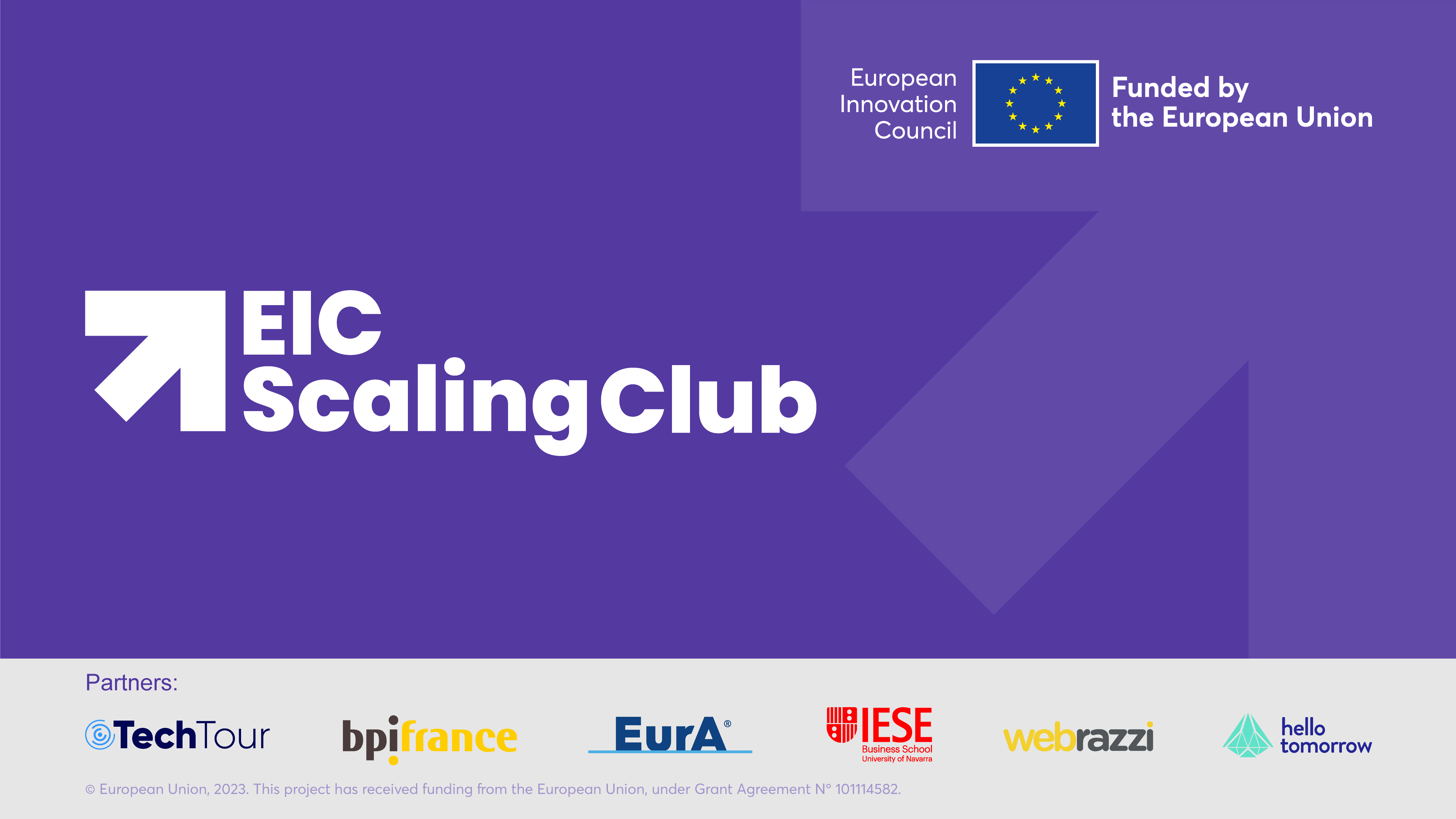
The EIC Scaling Club is a curated community where 120+ European deep tech scale-ups with the potential to build world-class businesses and solve major global challenges come together with investors, corporate innovators and other industry stakeholders to spur growth.
The top 120+ European deep tech companies will be carefully selected from a pool of high-growth scale-ups that have benefitted from EIC financial schemes, other European and national innovation programmes, and beyond.
The EIC Scaling Club is an EIC-funded initiative run in partnership by Tech Tour, Bpifrance (EuroQuity), Hello Tomorrow, Tech.eu (Webrazzi), EurA and IESE Business School.
Subscribe to our newsletter here to stay up-to-date!
Related Articles
Recent Articles
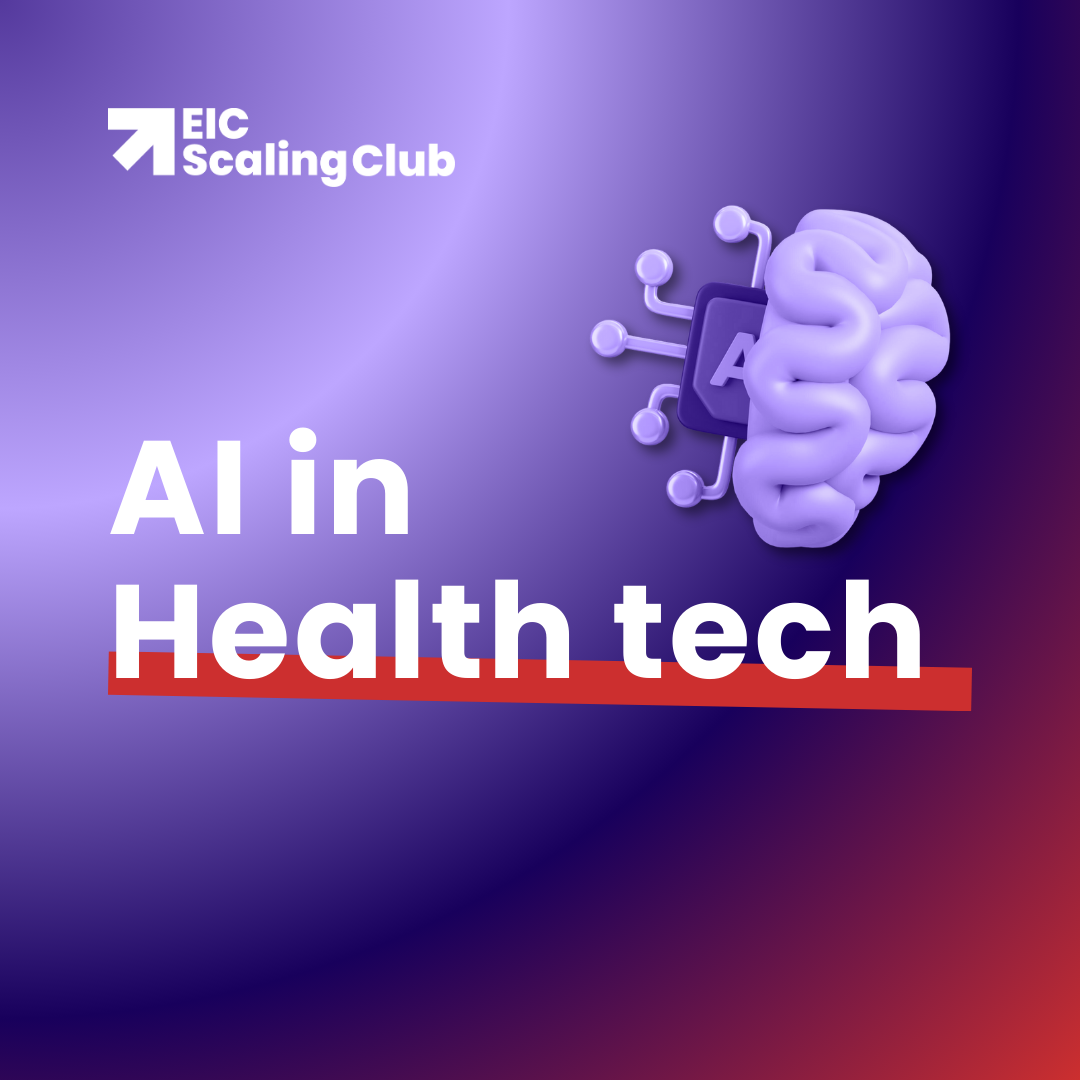
AI in health tech: EIC Scaling Club companies advancing diagnosis, care and treatment
13 Jan 2026
.png)
cylib secures €63.4 million to scale LFP battery recycling in Europe
7 Jan 2026
